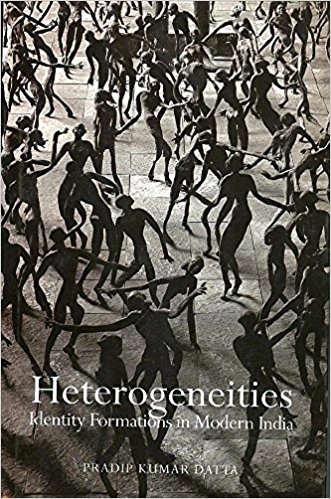Absolute unity will also mean a self-cancellation of love for it needs an other for it to live (p. 248)
Developing an idea of self-division for self-expansion in the writings of Rabindranath Tagore, Pradip Kumar Datta sums up in this tantalizing and aphoristic formulation, the central problematic of identity. The rise of fascist Hindutva in the 1980s and 90s in Indian politics had dismantled the simplicity of the problematique of communalism with which identity politics had hitherto been framed. Possibly one of the largest political mobilizations after the nationalist movements in India, it not only reshaped the contours of Indian politics, but also reframed the questions posed by historians and political scientists. The early 1990s therefore witnessed on the one hand a renewed debate among political scientists on secularism as a normative ideal in India, and on the other hand invoked the historian’s skills in adjudicating and debating communal memory through empirical evidence. However, the most productive direction in which both the disciplines moved was toward an exploration of not merely the content of identities, memories and histories that were marshalled and championed, but the form of these identities as well.
It became evident that the process of forging identities in the not too distant past through census, survey and other forms of colonial knowledge production generated the effect of a remote antiquity which bestowed on political identities in the present a peculiar kind of authenticity. These ‘traditional’ identities could no more be looked upon as atavistic, but were shown to be inventions of a modern, colonial governmental power that generated homogeneous hard-bounded selves. This explanation has provided somewhere an acceptable resolution to the theoretically vexed and politically disturbing nature of the phenomenon we confront in the identity based politics of Hindutva.

